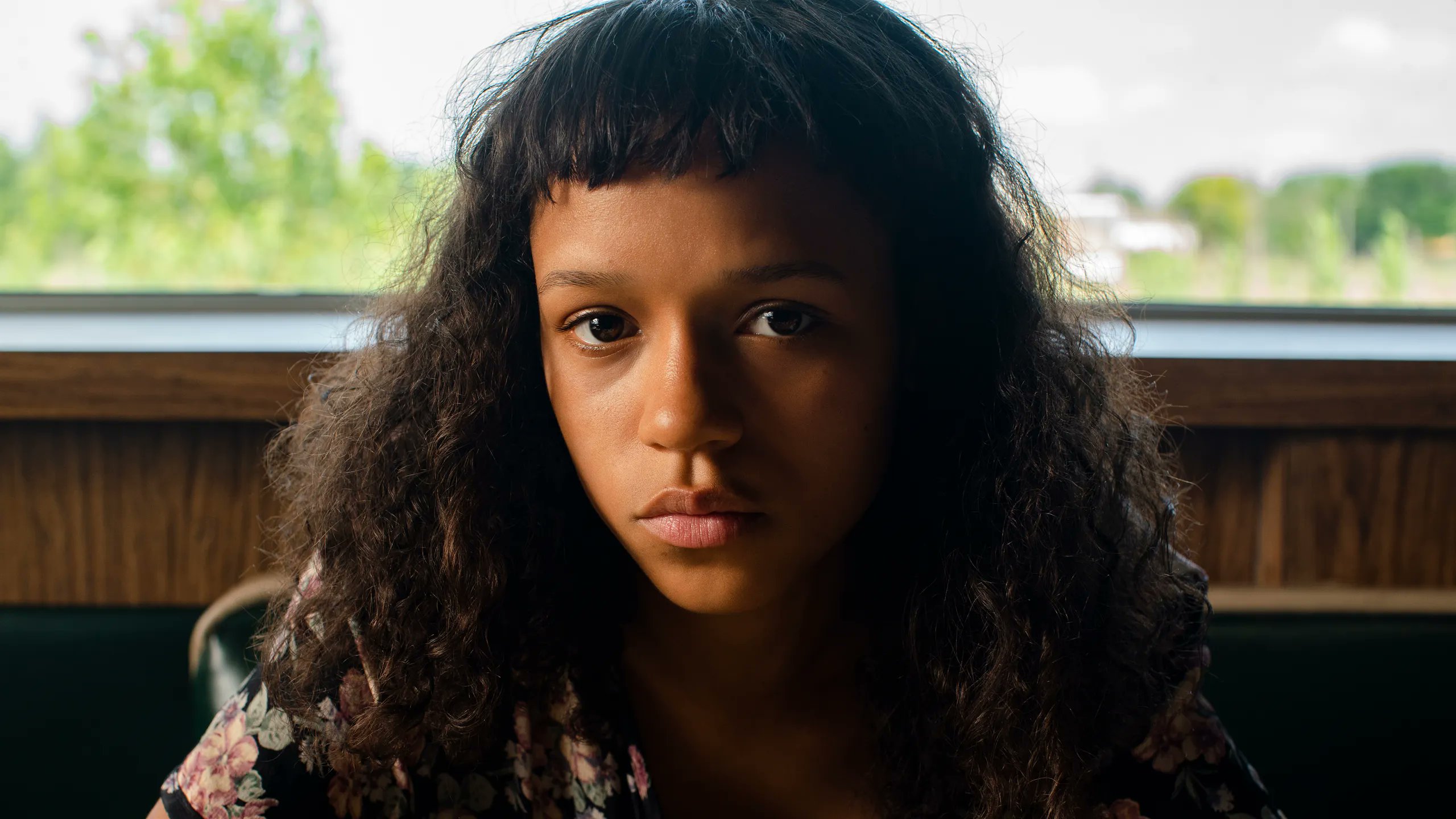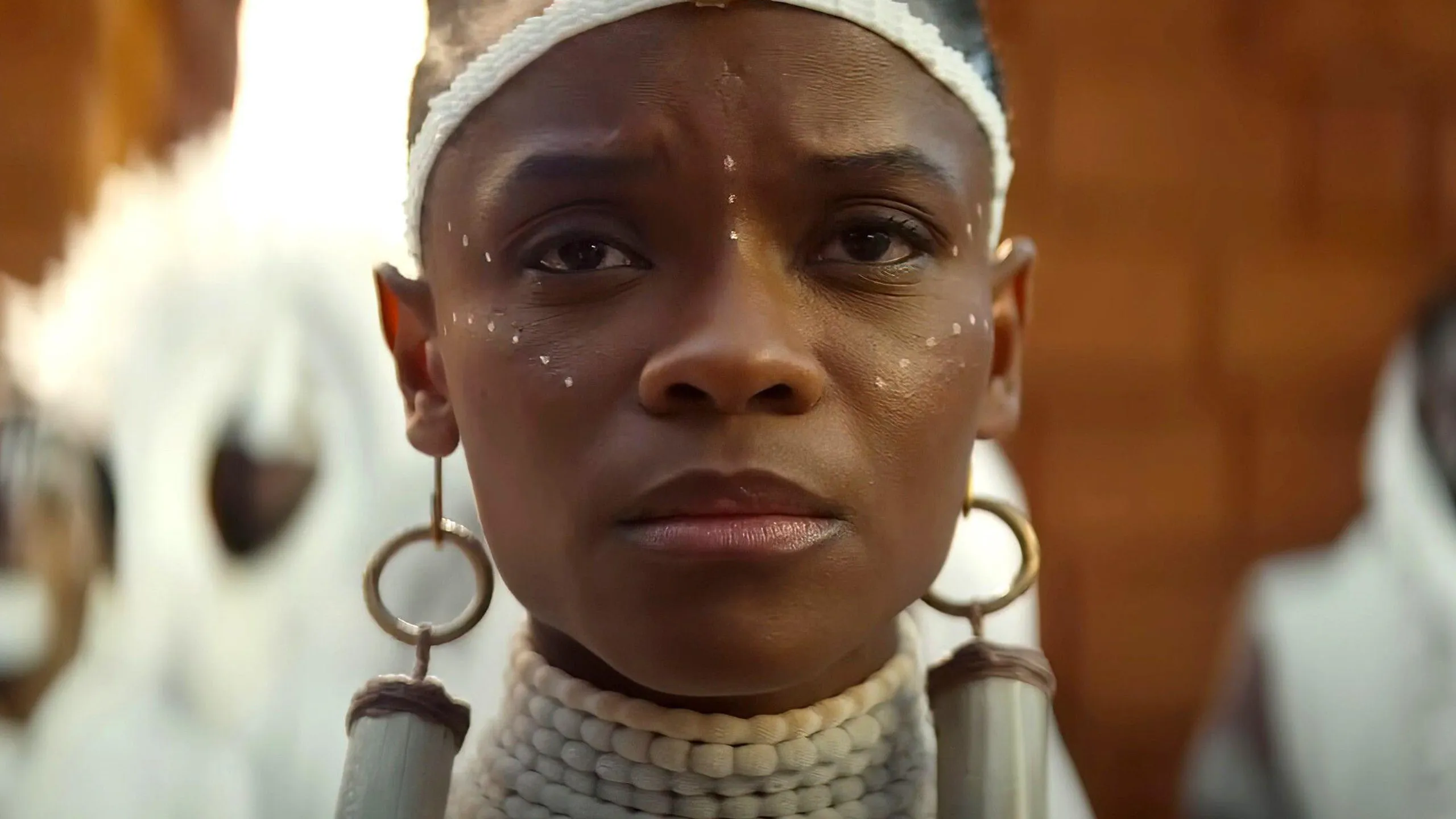20th Century Fox
This summer, The Darkest Minds hits cinemas, starring Amandla Stenberg, Miya Cech, Skylan Brooks, and Harris Dickinson as teens who have survived the IAAN pandemic. Those who survived have developed superhuman powers, and must survive in a new dystopian world, where children and adults are segregated, and children are classified and controlled based on their level of powers.
gal-dem had the opportunity to chat to Jennifer Yuh Nelson, director of the film, and Kung Fu Panda films 2 & 3. Jennifer Yuh is a regular name in animation and art departments across Hollywood, and The Darkest Minds represents her first foray into live action.

20th Century Fox
Watching The Darkest Minds I was struck by how exciting the film was to watch, with Jennifer’s eye in animation being clear in the dramatic staging and setting present throughout. It’s beautiful to watch, and it’s obvious how much fun has been had in the production. Talking to her about her journey into the industry, she’s keen to encourage young artists (and doodlers) to consider a career in filmmaking, “I’ve been drawing my whole life… because I’d always have movies and scenes in my head that I needed to output… it wasn’t until later that I found out there was a job doing that, storyboarding!”. For those who are continually drawing, Jennifer says “people who do this sort of thing as a hobby, you don’t even realise how much you’re training yourself!”
“If people can look at the cast and see people who resemble themselves, and who they could imagine themselves as, well, it’s really encouraging”
At only 46, Jennifer Yuh Nelson has been awarded two Annie Awards for best storyboarding, best directing, and is the first woman nominated for the Academy Award for Best Animated Feature Film in 2012, and is one of relatively few women of colour currently in high profile directorial roles. For her, working in diverse environments where her gender and race aren’t unusual has been a massive positive, “If you have people who just let you focus on the work, you can forget how unusual it is. In fact, for a long time, I didn’t know how unusual it was, until people starting pointing it out…” Her experience on Kung Fu Panda 2 cemented this, with her co-workers joining her in the surprise at the press attention she was receiving as an East Asian woman in a directorial role, “they said, ‘you know, we don’t think of you as being a woman, we think of you as being a director’”.
While this allowed her to work without worry of gender or race based discrimination, Jennifer Yuh is keen to recognise the importance of her presence, saying, “if being visible, being one of the ones that people can look at and say “hey, that person looks like me, and is doing a job I want to do”, if it provides encouragement to people, then I think that’s a really, really good thing.” The Darkest Minds offers this too, with three of the four main characters played by actors of colour. For the team behind the film, “it was definitely a conscious decision…if people can look at the cast and see people who resemble themselves, and who they could imagine themselves as, well, it’s really encouraging.”

20th Century Fox
The content of the film plays to themes of representation too. Young Adult content, typically dominated by teen romance and fantasy exploration, is now tackling elements of segregation and social division for younger audiences growing up in today’s fractured social and political climate – think The Hunger Games, Divergent, etc. The Darkest Minds is no different, and Jennifer Yuh recognises this value for today’s youth, “it’s a genre that is catering to (and is all about) people who are going through massive changes in their lives. They’re trying to find out who they are and their place in the world!”
While the film itself was obviously targeted at a viewing audience a little younger than me, I could see how The Darkest Minds uses its protagonists to show the strength that comes from unity and acceptance versus fear and separation, a message that Jennifer Yuh was keen to put across, “this message, of finding out things about yourself…and realising it’s the very things that make you strong is such a positive one for audiences who are just finding out who they are right now.” It’s one that applies to both the intended audiences, and older generations too, anyone who is trying to understand their place in today’s increasingly fractured society.
“Where the forced separation of families based on politics of fear seemed a far cry away for Jennifer when they started in 2016, it’s become a scary reality today”
Directing it, Jennifer was shocked to see current events start to mirror some of the seemingly dystopian ideas explored in the film. Where the forced separation of families based on politics of fear seemed a far cry away for Jennifer when they started in 2016, it’s become a scary reality today. Still, Jennifer is hopeful: “one thing that I think is really positive is that despite current circumstances, despite all the opposition that a lot of young people face, just growing up, is that there is still a strong sense of empowerment.”
And it’s true, while young people today are inheriting the acts of fear and division of older generations in Brexit, Trump, and widespread social division across Europe, ideals of grassroots activism and community are often lead by younger generations. “There’s a positive movement happening, moving forwards, young people are taking charge of their own destiny and not feeling like they have to be bystanders in their own lives…a lot of the new confidence that you see in young people is so good for our society.”
The Darkest Minds is now in cinemas. See the trailer here:









